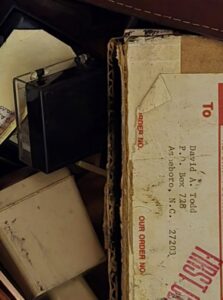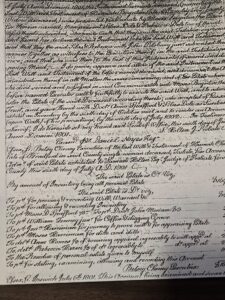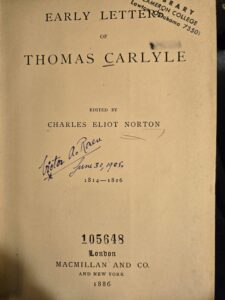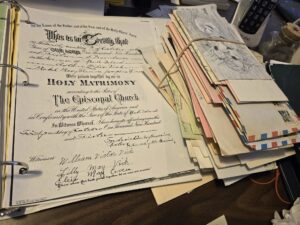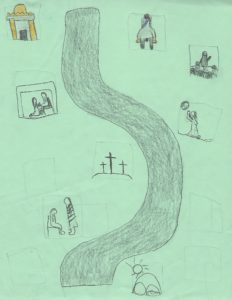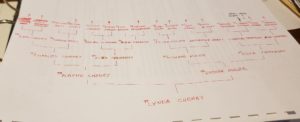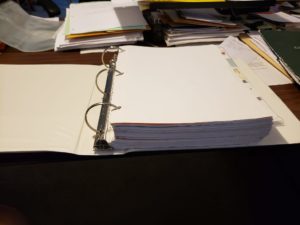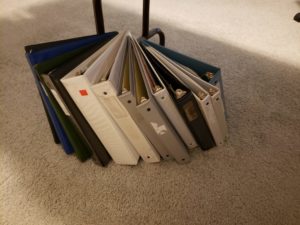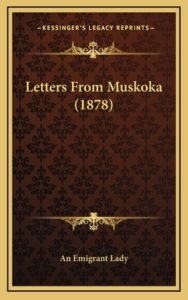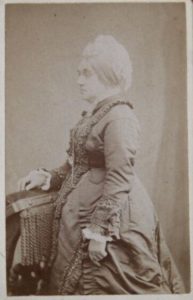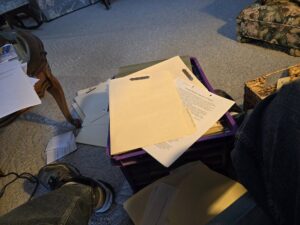
This week I’ve back in the saddle, working in The Dungeon every day. Except this week I decided to do something different. I have only one chapter left to write in the Bible study I’m writing. And that’s the last of eight volumes in the Bible study series, only one volume of which I’ve so far published. I figure four more days of writing on this project.
But that is laid aside now, along with my normal stock trading activities, in favor or decumulation work. Yes, I finally figured out that’s the correct word to use for the process of getting rid of stuff. I’ve been using the word “dis-accumulation,” and all my spellcheckers have balked at its use. I don’t remember where I found the right word, but I was glad to do so.
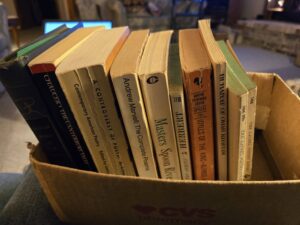
We need to get out of our big house, into something smaller, hopefully closer to one of our kids. But that requires a lot of decumulation. We’ve been working on that, but perhaps somewhat half-heartedly. For the last six or so years we’ve been saying we’ll decumulate so that we can move in two years. But that two years keeps slipping.
Well, after being gone to Massachusetts last week to visit our son and his husband, I decided to make a more serious effort at decumulation. Saturday, I got another 35 books listed for sale on Facebook Marketplace. Twenty of those were in two boxes of 10 each for one price. I sold those this week, though haven’t yet got them in the customer’s hands.
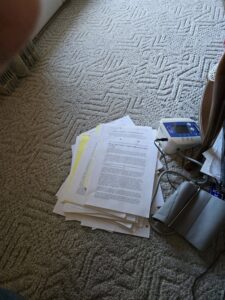
Monday, I decided to tackle the many papers in the house. I’ve done much of this over the last few years. These papers fall in three categories: stock trading, genealogy, and writing. I’ve already discarded most of my stock trading learning courses. I scanned and digitized a lot of genealogy papers, but was holding back a few key 3-ring binders. Well, beginning on Monday I started scanning, digitizing, and discarding those papers. I figure I’m averaging close to 200 sheets of paper a day. I’m down now to about four notebooks, which I think I’ll get through two by Saturday, and the other wo next week.
Tuesday evening, I pulled from my closet the milk crate I’ve used to storing drafts of most of my early writings. This saving of drafts/edits/research papers is what an experienced writer suggested in a conference I attended many years ago. He’s a successful novelist—no telling how many boxes of papers he has in his basement. He might not be thinking about downsizing. Or if he does, he’s famous enough to donate his writing papers to his alma mater and they’d be happy to receive them. I don’t have that status.
So all his week, I’ve gone down to The Dungeon, and spent time at my scanner. Scan something. Got back to my computer, pull up the scanned file, and save it to an organized place on my computer. With my genealogy papers, I had to first create some folders and move old scans from temporary places to the new place. But that didn’t slow me down much.
I take a break at noon to do some reading and have kept evenings clear. I feel good about what I’ve done so far. Perhaps in a week I’ll be able to report significant progress at decumulation.
